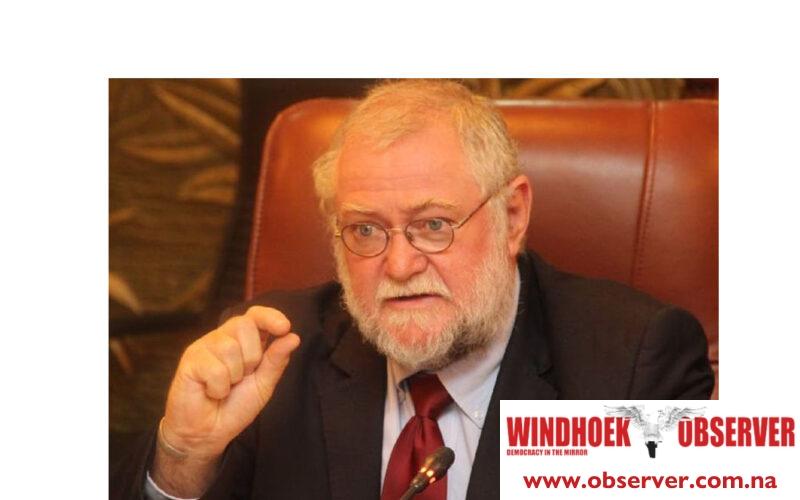Niël Terblanché
In a significant stride towards rectifying past injustices and fostering equitable land distribution, the Minister of Agriculture, Water and Land Reform, Calle Schlettwein, presented the revised national resettlement policy to Parliament on Tuesday.
Set to come into effect in April 2024, the new policy will span the next decade and aims to ensure that land acquired by the government is allocated equitably and utilized sustainably to enhance livelihoods across Namibia.
Schlettwein articulated that the policy specifically targets Namibians devoid of agricultural land, including those historically disadvantaged by discriminatory laws and practices.
The revised policy categorizes potential beneficiaries into three groups: commercial farmers operating on leased land in both commercial and communal areas, communal farmers, and non-farming individuals, addressing a broad spectrum of landlessness and displacement issues in the country.
To cater to the diverse needs and capacities of the beneficiaries, the policy introduces three resettlement models: the High Economic Value Model (HEVM), the Moderate Economic Value Model (MEVM), and the Low Economic Value Model (LEVM).
He stated that these models are designed to facilitate the optimal use of resettled land, promoting agricultural productivity and economic viability.
A significant feature of the revised policy is the provision of freehold rights to successful beneficiaries who meet the conditions of their lease agreements.
According to Schlettwein, this move is anticipated to encourage the sustainable use and management of allocated lands.
He added that the policy emphasizes the importance of pre- and post-settlement support, offering tailored services, packages, and starting capital to resettled individuals.
He stated that this support aims to ensure that beneficiaries are well-equipped to make the most of their new opportunities.
The revision process, initiated in 2016 and broadened by directives from the Second National Land Conference in 2018, involved extensive consultation with stakeholders across Namibia.
This collaborative approach underlines the government’s commitment to transparency, inclusivity, and responsiveness to the needs and expectations of the Namibian people.
Schlettwein stressed the policy’s dual objective of eliminating poverty and achieving equitable land allocation.
By doing so, the government seeks to address not only the distribution of land but also the myriad challenges associated with resettlement, including tenure security, infrastructure development, and capacity building for sustainable agriculture.
Schlettwein called for unity, determination, and consistent focus from all stakeholders.
He added that the policy’s successful implementation will require concerted efforts from regional resettlement committees, stakeholders, and the broader community, informed by an extensive educational campaign on the provisions of the revised policy. With its focus on efficiency, equity, and sustainable agricultural production, the policy represents a blueprint for a more inclusive and productive future for all Namibians, the revised National Resettlement Policy (2023-2033) marks a crucial moment in Namibia’s ongoing efforts to address land reform and resettlement challenges.




